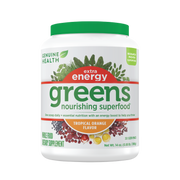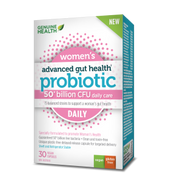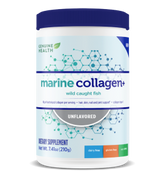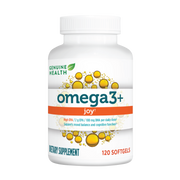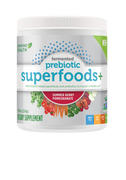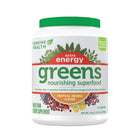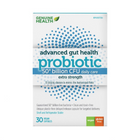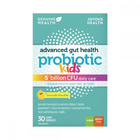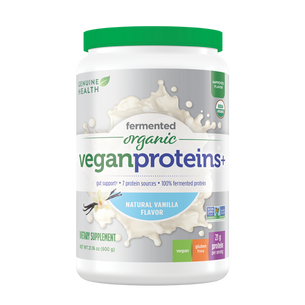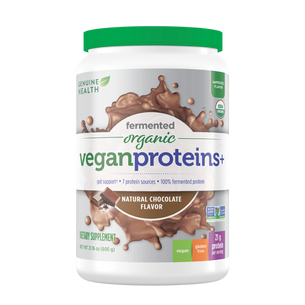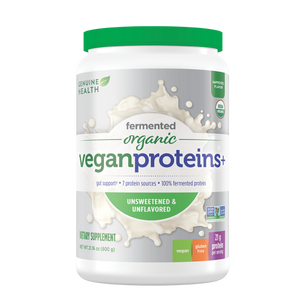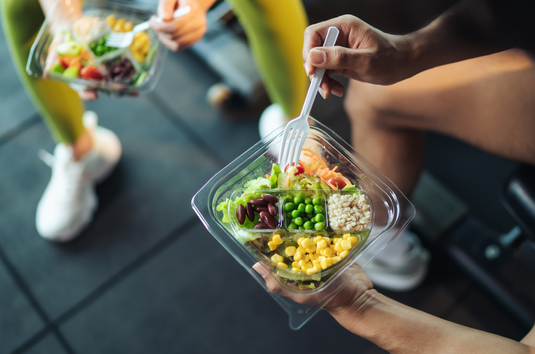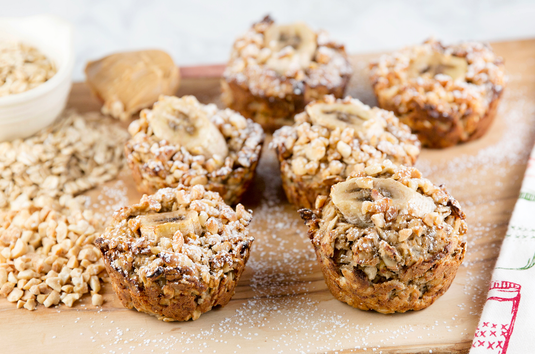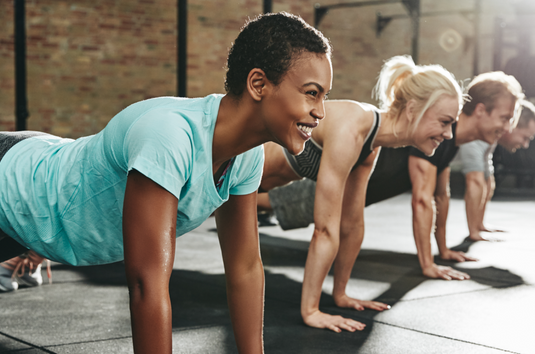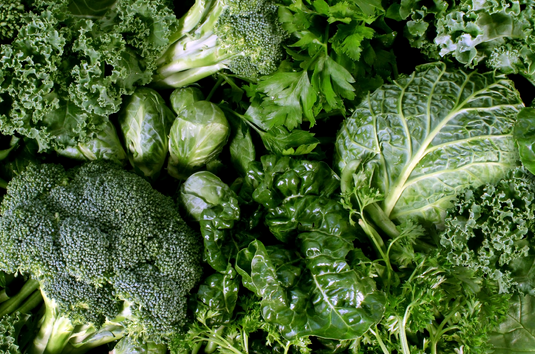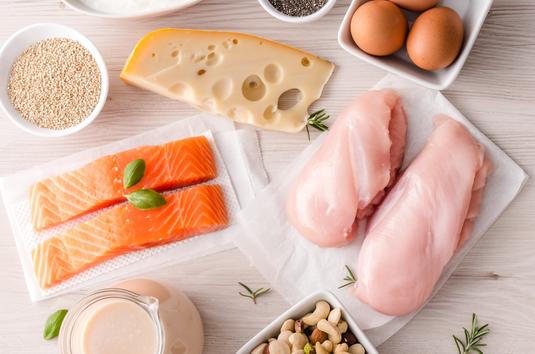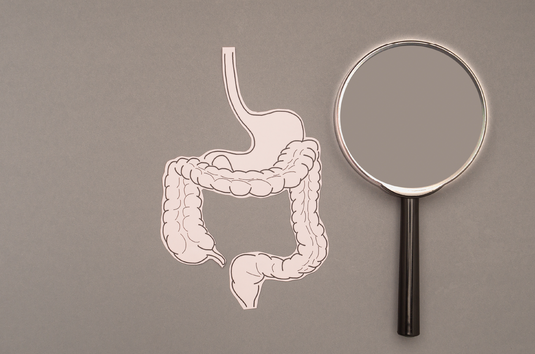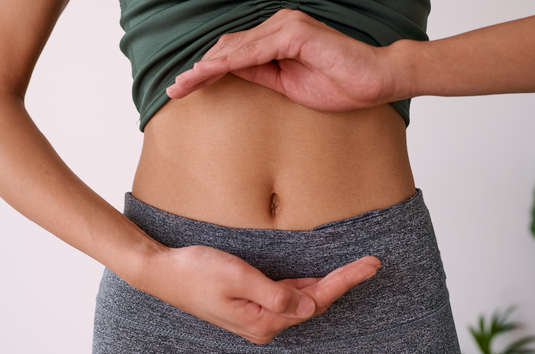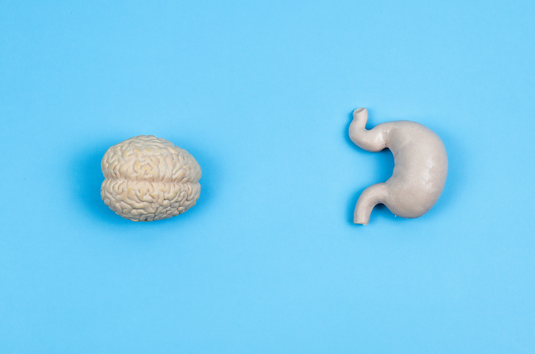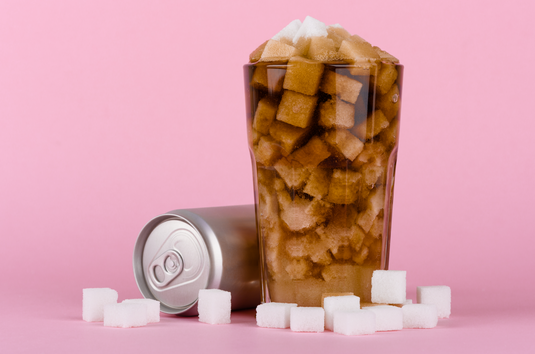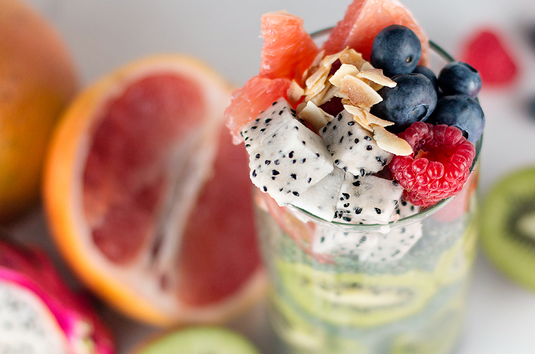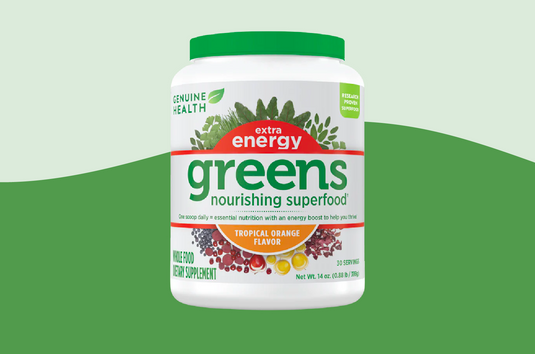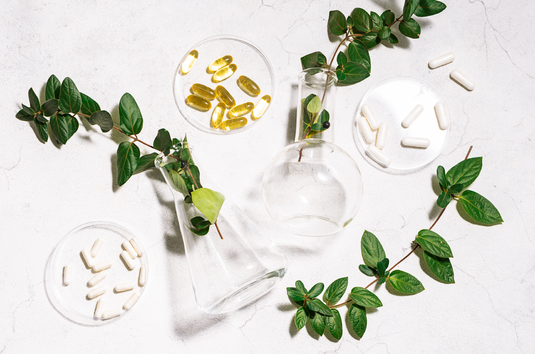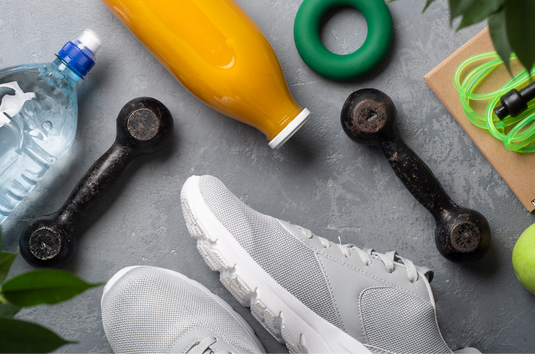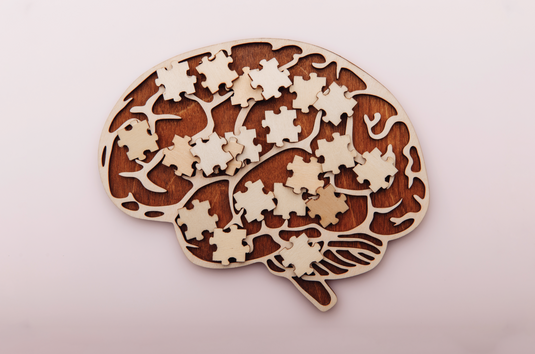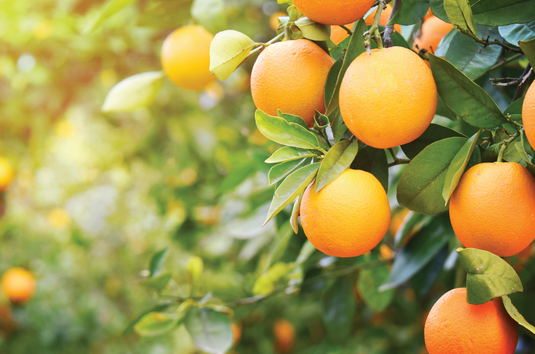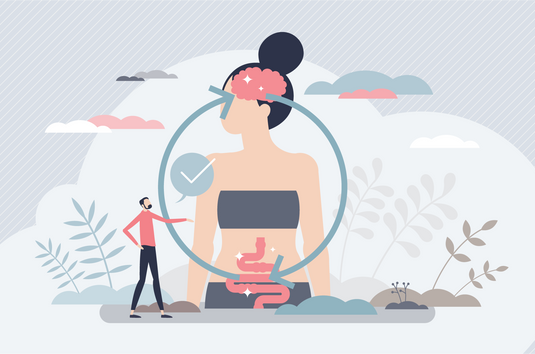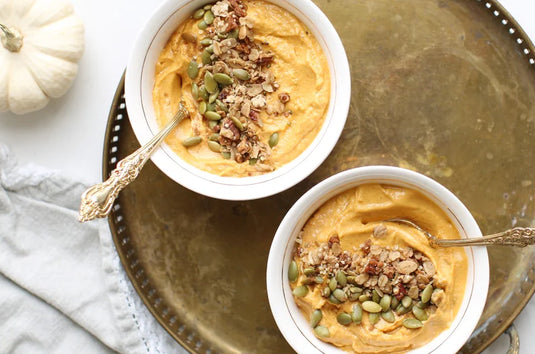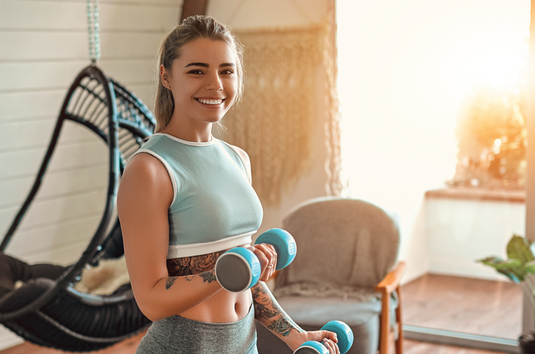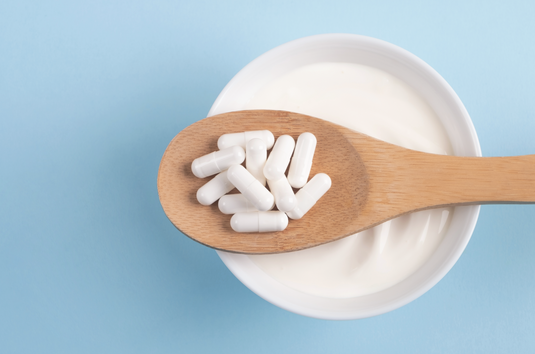How to Optimize Your Nutrition When Working Out

You spend 1 hour of your day working out, the other 23 hours are spent outside the gym. You work hard for that hour whether your goal is weight loss, building muscle, body composition, or just general health. That hour is very important in helping you meet your goals but the other 23 hours, however, are even more important.
If you are not fueling your body, you are not recovering or getting as much out of your workout as you could be. There are also a few other factors besides nutrition that go into your recovery, such as sleep, stress levels, stretching etc. Nutrition, however, is a huge factor and something that you can control on a daily basis—though it is not as complicated as it may seem!
If you are an athlete, training for an endurance race, bodybuilding, or powerlifting – you may have very specific nutrient needs and timing requirements to get the most out of your pre and post workout nutrition. BUT if you are exercising regularly just for general health, you actually probably don’t need specialized workout nutrition strategies—you just need to master the simple concepts below.
For most people without athletic competitions on the horizon, the best pre- and post-workout meals will contain a combination of high-quality protein, high quality carbohydrates, healthy fats, and some fruits and vegetables (sound familiar? This should be what you eat at every meal!). These whole foods provide an awesome blend of nutrients: protein, carbohydrates, fats, fibre, vitamins, minerals, antioxidants, and phytonutrients that supply energy, build muscle, decrease inflammation, and improve recovery. By eating a healthy, well-balanced meal 1-2 hours before and after exercise, most people can meet their workout nutrition needs without anything else.
This can be put into practice in many ways and the amount of each macronutrient can vary depending on your needs as well as personal preferences and tolerances. The most important rule is to listen to your body and do what feels right for you. You technically have about one to two hours on both sides of your training to still get maximal benefit from your nutrition. If you prefer to eat closer to your workout, your meal will need to be smaller and easy to digest. The closer you get to your workout, the less time there is to digest so something liquid, like a smoothie would be best.
Post workout is the same, though what you ate before your workout influences things. If your pre-workout meal was a small one or you ate it several hours before, then it’s more important for you to get that post-workout meal into your system pretty quickly. If you don’t like to eat at all before you work out or you work out very early in the morning, don’t worry – just try and get in your post workout meal sooner rather than later after your workout. Probably within an hour, so don’t worry about rushing from the gym into the kitchen! But if you ate a normal-sized balanced meal a couple of hours before (or a small smoothie closer to), then you have a full one to two hours after training to eat your post-workout meal and still maximize the benefits of workout nutrition.
Try my go to (and Genuine Health fan favourite) Green Energy Smoothie post workout (or a small version pre-workout). It provides you with plenty of healthy fats from avocado and coconut milk, while the mango and spinach provide a big dose of alkalizing, vitamin and mineral-rich nutrients and carbohydrates to replenish your glycogen stores after your workout. Ginger has been shown to help with reducing muscle soreness post workout due to its anti-inflammatory properties. And a scoop of fermented organic vegan proteins+ contains 20 grams of multi-source, fermented protein – that is not only easy to digest but protein is especially important after exercise prevents protein breakdown in the body to build and maintain muscle tissue.
Also remember, what you eat the rest the day is also as important. Having a perfectly balanced pre-workout smoothie that can help you perform in the gym for one hour is great, but if you are not eating well the rest of the day that will hinder your results and how you feel as well!
If you are not fueling your body, you are not recovering or getting as much out of your workout as you could be. There are also a few other factors besides nutrition that go into your recovery, such as sleep, stress levels, stretching etc. Nutrition, however, is a huge factor and something that you can control on a daily basis—though it is not as complicated as it may seem!
If you are an athlete, training for an endurance race, bodybuilding, or powerlifting – you may have very specific nutrient needs and timing requirements to get the most out of your pre and post workout nutrition. BUT if you are exercising regularly just for general health, you actually probably don’t need specialized workout nutrition strategies—you just need to master the simple concepts below.
The PERFECT meals to support your fitness
For most people without athletic competitions on the horizon, the best pre- and post-workout meals will contain a combination of high-quality protein, high quality carbohydrates, healthy fats, and some fruits and vegetables (sound familiar? This should be what you eat at every meal!). These whole foods provide an awesome blend of nutrients: protein, carbohydrates, fats, fibre, vitamins, minerals, antioxidants, and phytonutrients that supply energy, build muscle, decrease inflammation, and improve recovery. By eating a healthy, well-balanced meal 1-2 hours before and after exercise, most people can meet their workout nutrition needs without anything else.
Rules about eating before your workout
This can be put into practice in many ways and the amount of each macronutrient can vary depending on your needs as well as personal preferences and tolerances. The most important rule is to listen to your body and do what feels right for you. You technically have about one to two hours on both sides of your training to still get maximal benefit from your nutrition. If you prefer to eat closer to your workout, your meal will need to be smaller and easy to digest. The closer you get to your workout, the less time there is to digest so something liquid, like a smoothie would be best.
Post-workout nutrition
Post workout is the same, though what you ate before your workout influences things. If your pre-workout meal was a small one or you ate it several hours before, then it’s more important for you to get that post-workout meal into your system pretty quickly. If you don’t like to eat at all before you work out or you work out very early in the morning, don’t worry – just try and get in your post workout meal sooner rather than later after your workout. Probably within an hour, so don’t worry about rushing from the gym into the kitchen! But if you ate a normal-sized balanced meal a couple of hours before (or a small smoothie closer to), then you have a full one to two hours after training to eat your post-workout meal and still maximize the benefits of workout nutrition.
Try my go to (and Genuine Health fan favourite) Green Energy Smoothie post workout (or a small version pre-workout). It provides you with plenty of healthy fats from avocado and coconut milk, while the mango and spinach provide a big dose of alkalizing, vitamin and mineral-rich nutrients and carbohydrates to replenish your glycogen stores after your workout. Ginger has been shown to help with reducing muscle soreness post workout due to its anti-inflammatory properties. And a scoop of fermented organic vegan proteins+ contains 20 grams of multi-source, fermented protein – that is not only easy to digest but protein is especially important after exercise prevents protein breakdown in the body to build and maintain muscle tissue.
Also remember, what you eat the rest the day is also as important. Having a perfectly balanced pre-workout smoothie that can help you perform in the gym for one hour is great, but if you are not eating well the rest of the day that will hinder your results and how you feel as well!



